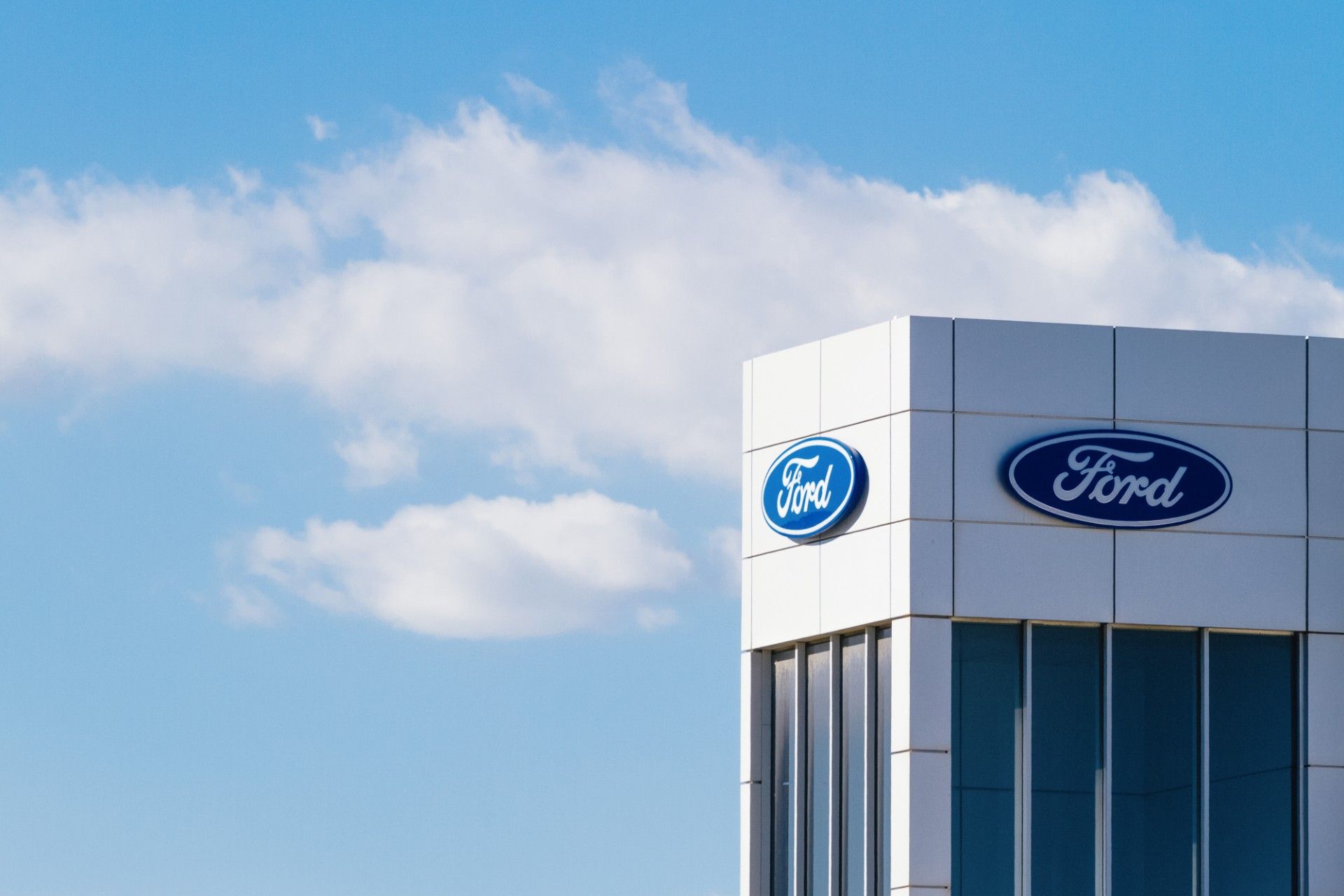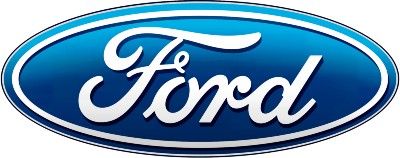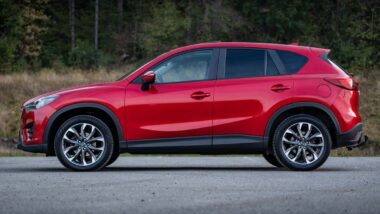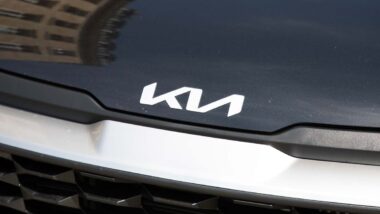Top Class Actions’s website and social media posts use affiliate links. If you make a purchase using such links, we may receive a commission, but it will not result in any additional charges to you. Please review our Affiliate Link Disclosure for more information.
The Ford Motor Company is fighting back against copyright infringement claims made against it by Freeplay Music and is now countersuing the company for false advertising.
None of the music Freeplay offers through its online catalog is free, Ford says.
In a Sept. 2 filing, Ford officially responded to the lawsuit brought against it by Freeplay in U.S. District Court for the Eastern District of Michigan in April by rebutting all its allegations and leveling some of its own.
Freeplay Music claims Ford used 54 songs from its music catalog 74 times in advertisements without paying for them. It wants the court to order Ford to pay for the infringements to the tune of $8.1 million.
Ford says the videos in which the Freeplay music appears were not made by the motor company, so the company is not responsible for them.
“(The suit) is based on the meritless premise that Ford Motor Co. can be held liable for the conduct of various foreign third-party affiliates who allegedly posted video advertisements on YouTube in foreign jurisdictions directed to foreign audiences,” Ford’s answer to the lawsuit said. “Among a host of reasons, Freeplay’s claim fails because the U.S. Copyright Act does not apply to such extraterritorial conduct and, independently, liability under the U.S. Copyright Act cannot be based on corporate affiliation alone.”
Freeplay says it employed a service called TuneSat, which uses “audio fingerprint technology” to search the internet and root out unlicensed uses of audio files online and on television.
TuneSat detected some of Freeplay’s catalog of songs in uses affiliated with the Ford Motor Company, it said. TuneSat then contacted Ford in 2017, reported what it found and instructed the company to produce proof it had paid to license the songs.
Lawyers for Freeplay say there are probably even more instances of copyright infringement than they cited in the lawsuit.
“To be able to find every use of (its) works on the internet would be impossible,” the lawsuit said. “It is nothing short of a miracle” that Freeplay found the ones it did.
Ford acknowledged in its responses that it was contacted by TuneSat, but again insisted the videos and digital content were not produced by Ford.
Freeplay is asking that Ford be required to pay $150,000 per use of the unlicensed songs. Anything less, it said in its lawsuit, “would not get the attention of a multibillion-dollar corporation that continues to commit widespread infringement.”
Ford argued in its response that Freeplay is the company engaged in wrongdoing.
Freeplay has filed copyright infringement claims in numerous lawsuits and accepted settlements from the accused.
In other cases, “the simple threat of litigation was enough to shake down Internet users who mistakenly thought they were getting exactly what Freeplay advertises — music that was ‘free’ to use,” Ford said.
Because of that, Ford said, it was countersuing for false advertising.
Before April 2018, Freeplay disclosed its licensing requirements in its “Terms of Use,” which Ford argues the typical user was unlikely to ever see “nor was ever required to see, at any point in the course of downloading Freeplay’s music.”
That meant users who were drawn in by the company’s promise of “FREE (SONGS) FOR YouTube” didn’t find out the music wasn’t really free until the company “commence(d) its bait-and-switch scheme with an unexpected demand for payment, often for $150,000 in statutory damages for each downloaded song, based on the outrageous notion that the user’s unwitting “copyright infringement” was “willful.”
Ford says nearly all the instances of infringement Freeplay is suing it over were created and posted on YouTube before April 2018. The ones created and shared after that “were for a Brazilian entity, in Portuguese, and directed to Brazilian consumers,” the Ford filing said.
Ford wants the court to prevent Freeplay Music from advertising in any way that its music is free. It also wants unspecified damages, court costs and attorneys’ fees.
Have you had any experience using licensed music from Freeplay Music? Tell us about it in the comment section below.
Freeplay Music is represented by Howard Hertz of Hertz Schram PC and Richard S. Busch of King & Ballow. Ford is represented by Wook Hwang and Nina Ruvinsky of Loeb & Loeb LLP.
The Freeplay Music Lawsuit is Freeplay Music LLC v. Ford Motor Company Case No. 2:20-cv-10948, in the U.S. District Court for the Eastern District of Michigan.
Read About More Class Action Lawsuits & Class Action Settlements:
YouTube Class Action Lawsuit Alleges Copyright Piracy
Half a Million Ford Crossovers Recalled Over Brake Jounce Hose Problem

















2 thoughts onFord Denies Copyright Infringement, Countersues Freeplay Music
I am happy if free plays music adds in Ford.
Please add me